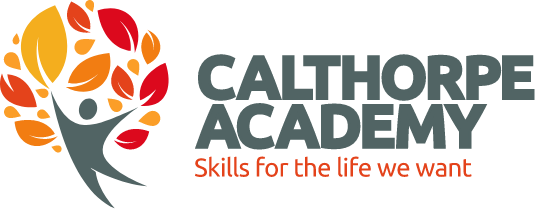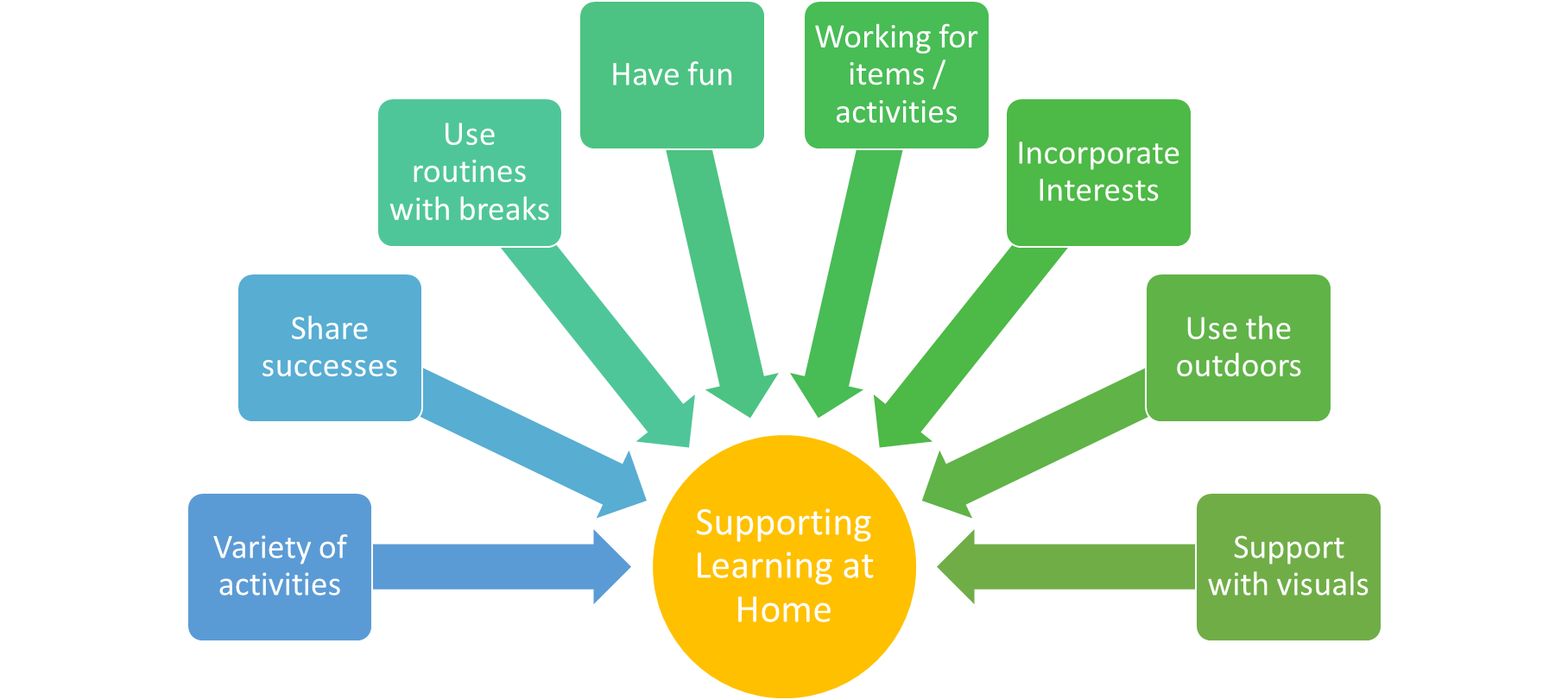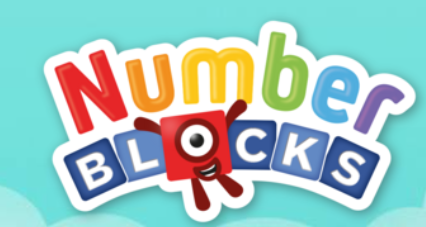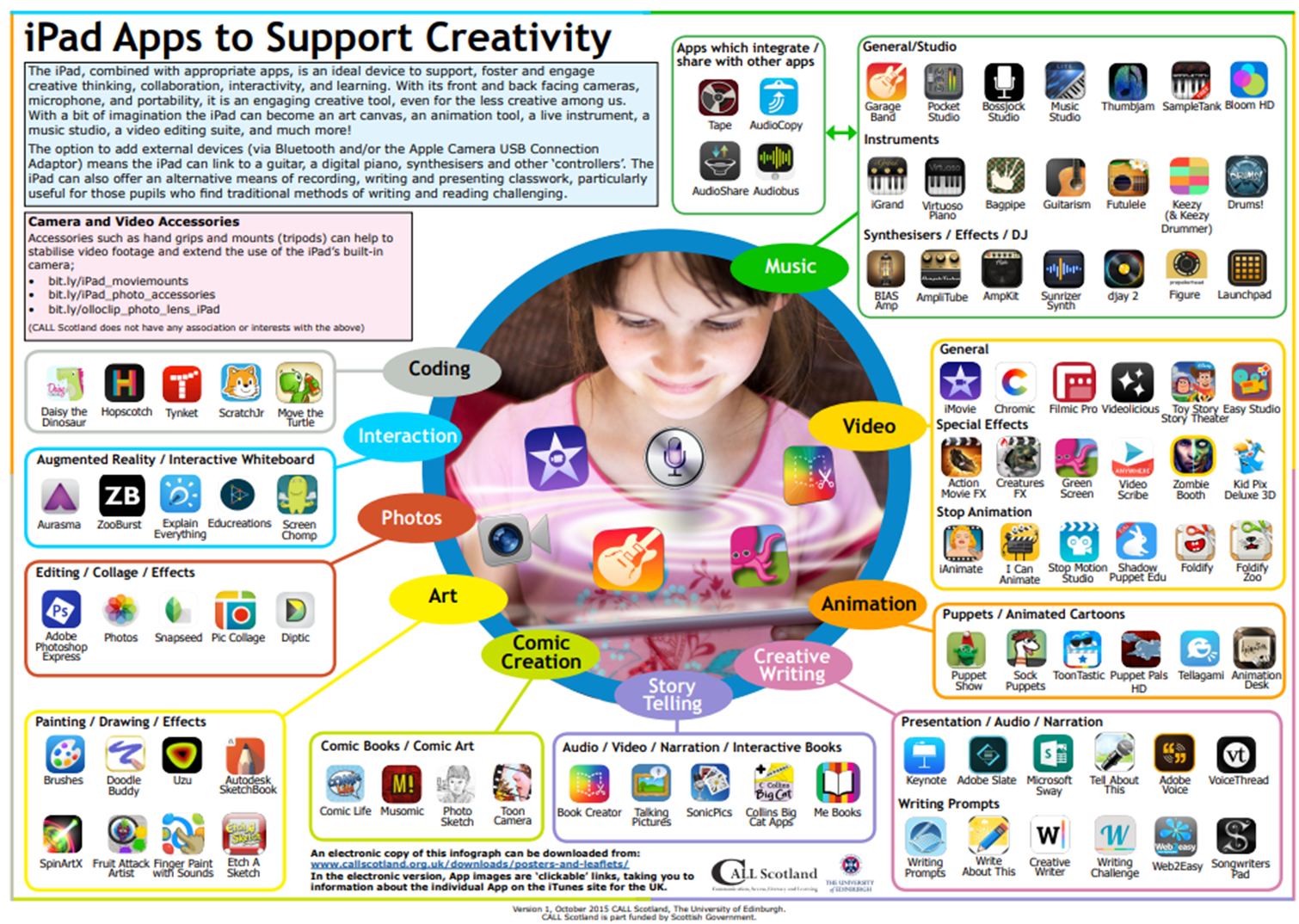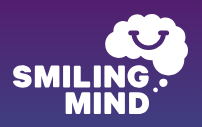Home Learning
Curriculum for learning
|
Name |
Link |
|
|
|
|
|
|
|
|
|
|
|
Home - Vooks Story books brought to life
|
|
|
|
|
|
Explorify Explorify for Science
|
|
|
ictgames ICT games for Literacy and Maths |
Curriculum for life
|
Name |
Link |
|
|
Meditation made easy • Smiling Mind Short audio sessions to help with mindfulness
|
|
|
Cosmic Kids Yoga - YouTube Yoga videos designed for children 3+ |
|
|
GoNoodle Home Dancing, strength and mindfulness videos |
|
|
Free Special Stories – The Pete Wells Sensory Stories Podcast Sensory stories, podcasts and inclusive stories
|
|
|
|
|
|
SEN Resource Source | Downloadable resources for SEN support Social stories and ideas for activities
|
Curriculum for generalisation/enrichment
|
Name |
Link |
|
|
Home - CBBC Newsround Keeping children up to date with news from around the world.
|
|
|
General Knowledge For Kids | Mocomi General knowledge videos. |
|
|
Outdoor Learning and Nature Activities for Kids | Rhythms of Play Outdoor learning ideas |
|
|
63 Outdoor Learning Activities Kids will Love (teachingideas.ca) Create and explore the outdoors |
|
|
20+ Forest School Activities Fun Outdoor Learning Ideas - Natural Beach Living Forest school ideas |
Remote education
How long can I expect work set by the school to take my child each day?
Learning at home will broadly follow the number of hours each day:
- EYFS: 2-3 hours a day
- Key Stage 1: 3 hours a day
- Key Stage 2: 4 hours a day
These hours include skills maintenance, home and community-based learning and tasks linked to promoting learners physical and mental wellbeing.
Accessing remote education
How will my child access any online remote education you are providing?
Remote learning tasks and accompanying resources will be provided by the school. Parents can access home learning packs via the school website:
User/email: homelearning@kingsbury.thrive.ac
Password: learn#2020
School will contact families/the learner on a weekly basis over a telephone call. This contact will provide clear explanations and support with the implementation of learning tasks and ascertain feedback to plan for the next steps in learning. Where utilised, learners will be provided individual logins to access online platforms such as Busy Things and Purple Mash.
If my child does not have digital or online access at home, how will you support them to access remote education?
All paper-based tasks are printed and posted to learners. On some occasions, these packs are sent electronically


